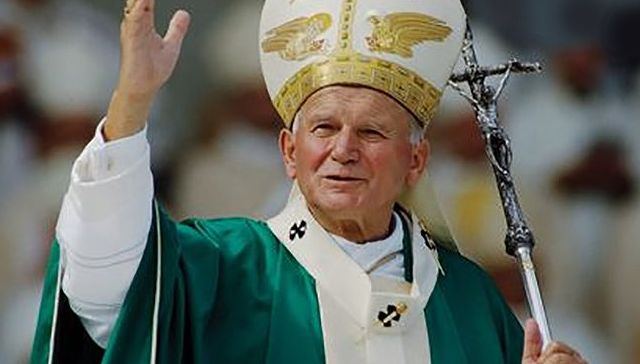The Leadership of Pope John Paul II in Modern Times
Pope John Paul II, who served as the head of the Catholic Church from 1978 to 2005, embodies a unique blend of spiritual guidance and vigorous leadership that continues to resonate in modern society. His influence transcends his papal tenure, providing inspiration on issues of faith, peace, and human rights. Delving into his leadership style and its implications offers valuable insight into contemporary leadership challenges.
Transformational Leadership and Global Outreach
John Paul II was a transformative leader, known for engaging with people beyond church walls. His emphasis on dialogue and outreach allowed him to connect with diverse audiences, from atheists to various religious leaders, making the Church more accessible and relevant. A notable moment was his visit to Poland in 1979, which sparked the Solidarity movement, demonstrating how his spiritual leadership could influence political change. This ability to merge faith with active societal engagement serves as a powerful model for today’s leaders facing global challenges.
Advocacy for Human Rights and Social Justice
Central to John Paul II’s leadership was his unwavering commitment to human rights and social justice. He tirelessly advocated for the dignity of every individual, condemning oppression and injustice globally. His encyclical “Centesimus Annus” emphasized the importance of economic equity while reminding leaders of their responsibility to serve the least among us. In light of ongoing social inequalities, his teachings remain relevant, encouraging contemporary leaders to prioritize ethical governance and social responsibility as fundamental aspects of effective leadership.
Faith in Action: Building Bridges Between Cultures
Pope John Paul II actively worked to bridge cultural divides and promoted interfaith dialogue, which is increasingly vital in our interconnected world. His historic meeting with leaders of other faiths in Assisi in 1986 exemplified his belief in peace through understanding and cooperation. This emphasis on unity among different cultures and religions invites modern leaders to adopt a more inclusive approach, recognizing the strength that diversity brings to solving complex global issues.
In Conclusion
Pope John Paul II’s leadership not only shaped the Catholic Church but also left an indelible mark on global politics, human rights, and interfaith relations. His life and teachings present a roadmap for effective leadership that prioritizes compassion, social justice, and dialogue. As we navigate the complexities of modern life, reflecting on his legacy can inspire us to embrace these values in our own leadership journeys. For those interested in exploring his teachings further, numerous resources and writings remain available to guide you.

